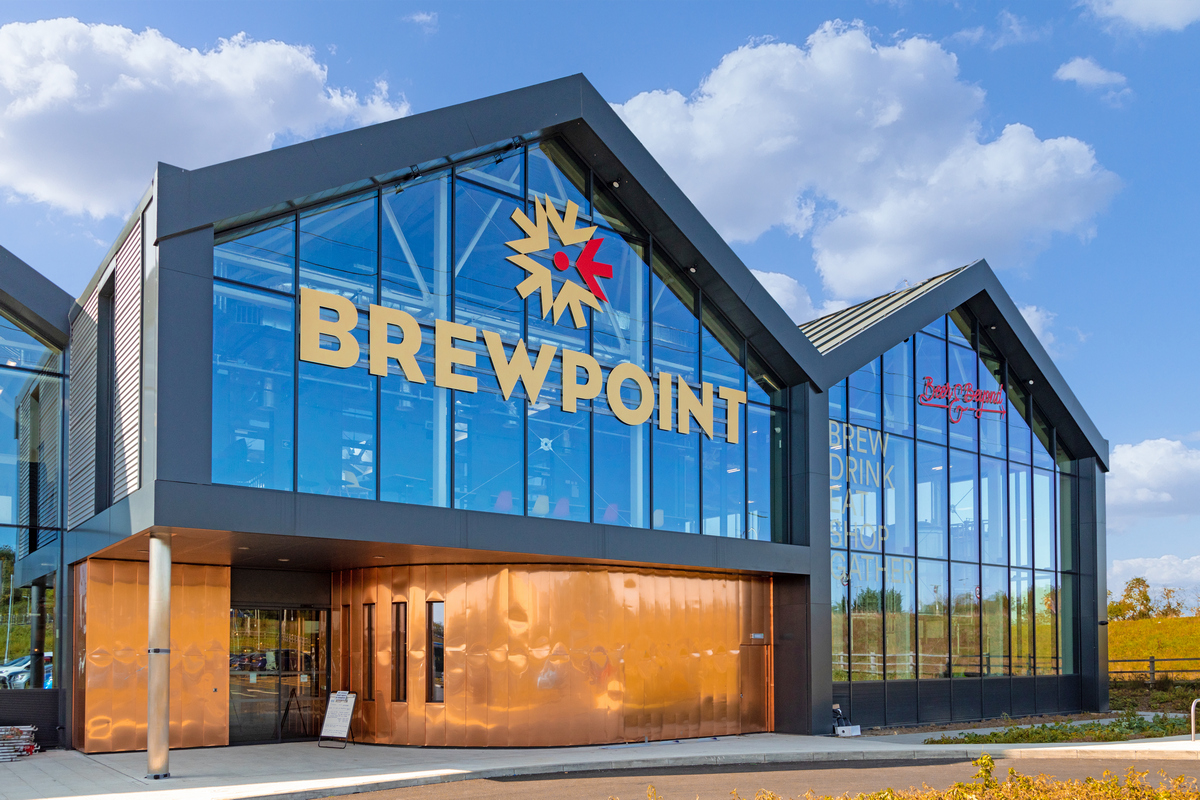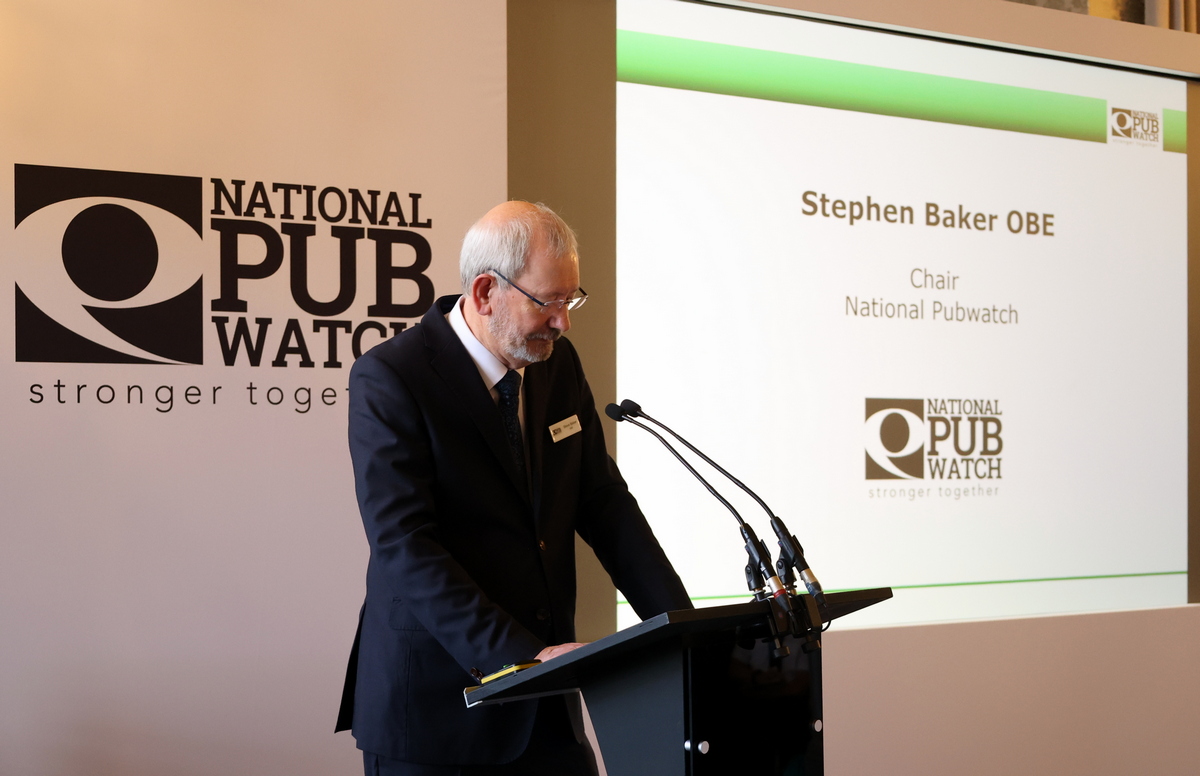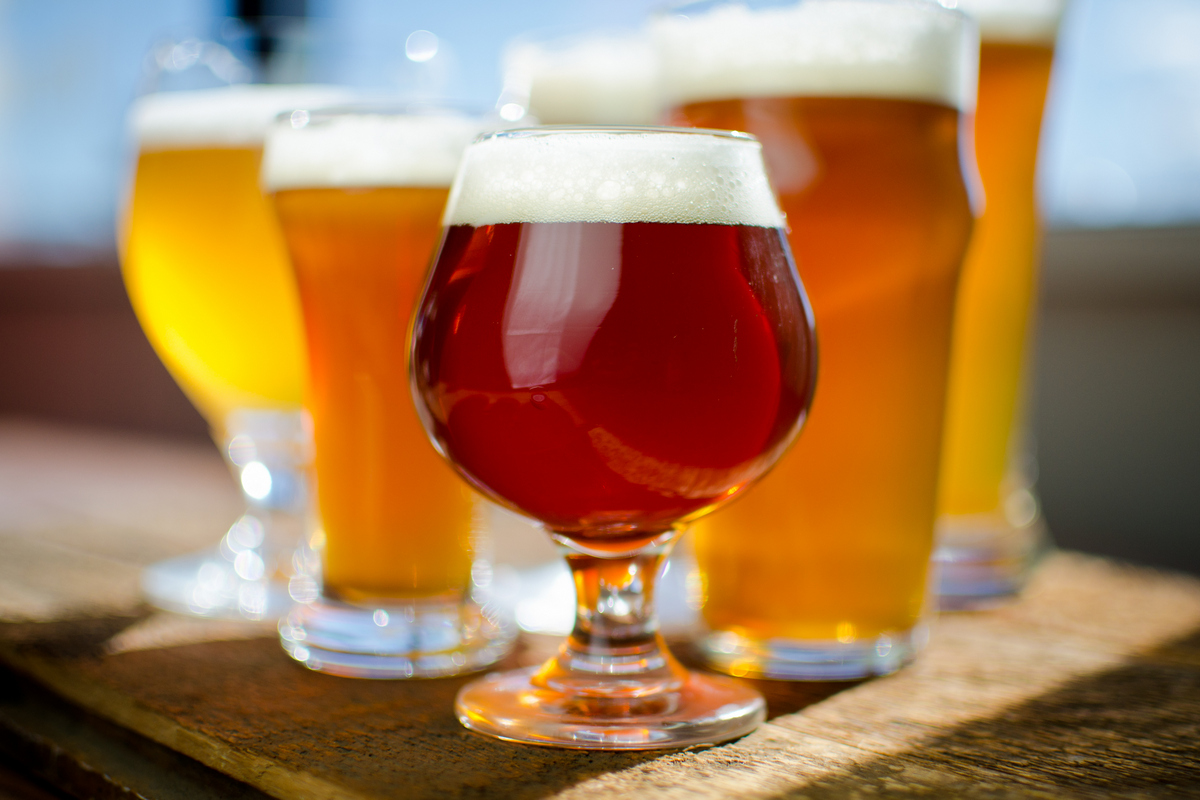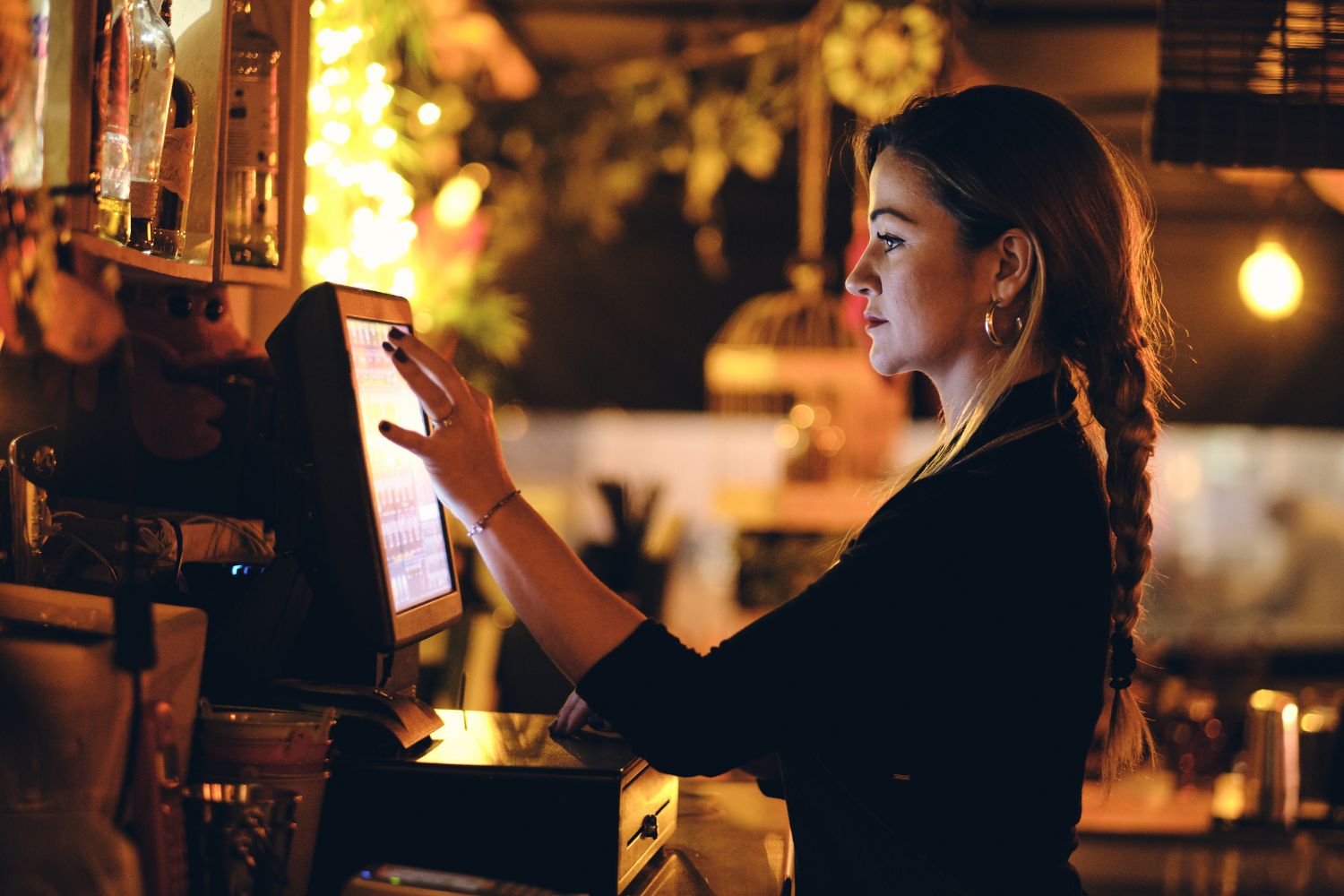Devon’s Utopian Brewing have today announced the launch of their first alcohol-free lager following an intensive 12-month development programme.
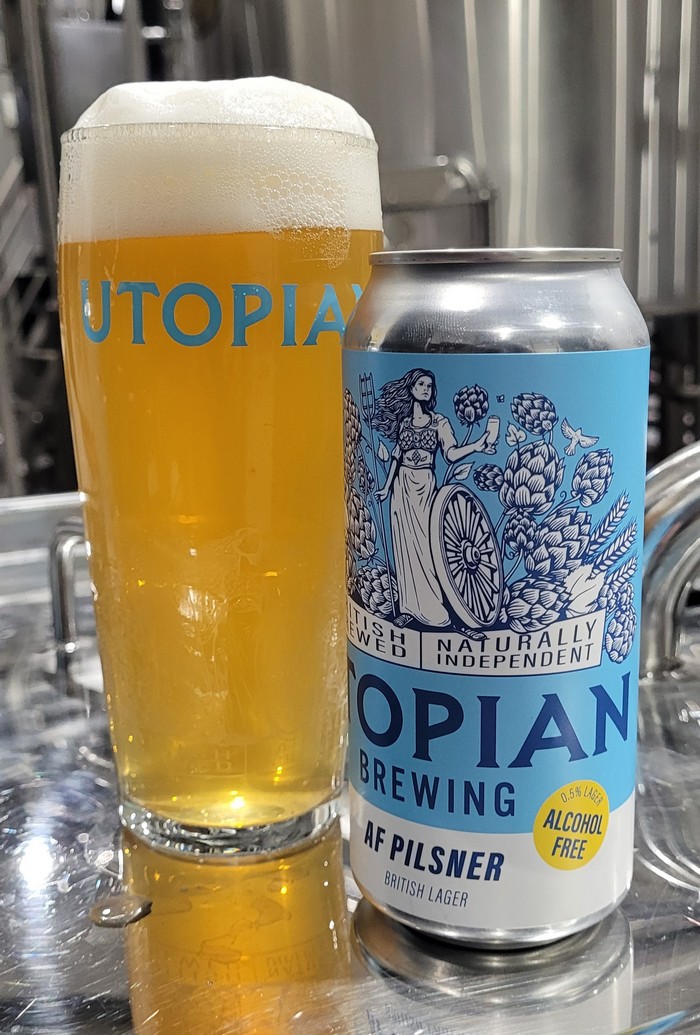
“Like all brewers, we have been contemplating our approach to AF for many years now, but the overarching principle was always that we weren’t willing to compromise our reputation for quality merely to get a beer to market more quickly,” said Utopian managing director, Rich Archer.
“We were not going to have access to the £1m or so of capital needed to remove alcohol from a post-production beer, so the team had to work with traditional brewing techniques.
“Jeremy and his team have done a truly outstanding job with that, and we are all very excited to be releasing this great new beer into this fast-growing segment.”
Head brewer Jeremy Swainson added: “It was important to us that our AF Pilsner was an authentic lager, fermented cold with bottom-fermenting yeast, whilst retaining as much body and mouthfeel as possible to ensure a genuine beer drinking experience.
“This required a re-imagining of much of the brewing process, and we are excited about the results.”
The beer is available in 440ml cans and a limited number of 20-litre kegs, either direct from the brewery or via a variety of distribution channels.
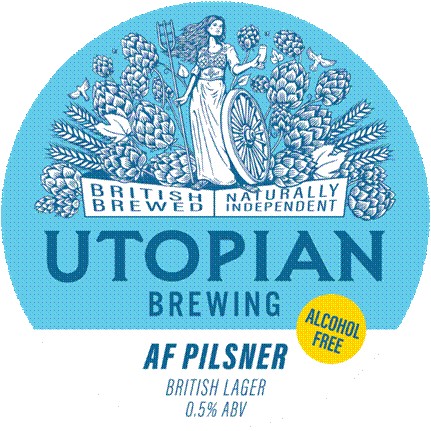
The new AF Pilsner release follows hot on the heels of the recent re-release of Small Pils, a refreshing pilsner at 3.4% ABV, and Mystic IPA cask, also 3.4% ABV.
Having an increasing range of low and no beers in the portfolio is very much part or Utopian’s strategy but Rich Archer says they still plan to have a wide range of beers available at higher ABVs, too.
“We are very aware and supportive of the desire of drinkers to consume less alcohol. We see that as a positive thing. but equally think it’s important to continue to give consumers access to some of the great beer styles at the higher end of the ABV bracket.
“Having this combination, we think, is pivotal to enabling drinkers to continue to enjoy all the beer styles they have come to love, or haven’t yet tried, while reducing overall alcohol consumption. Balance is the key.”

